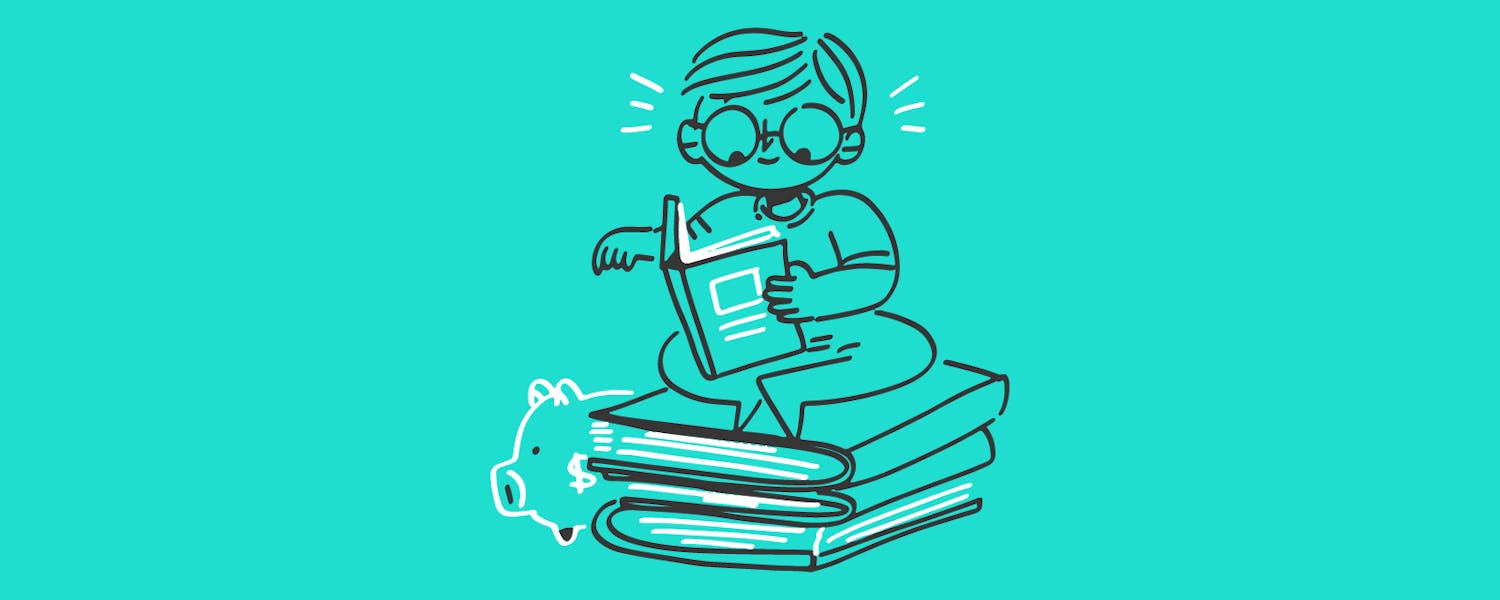Align Your Reading Goals with Your Financial Interests
Ever find yourself staring at a stack of bills in your mailbox and immediately start fantasizing about your dream life? A life where you can afford it all - nice clothes, unique vacations, and delicious food. At some point, we have all dreamed of living full lives without sacrificing our happiness to make ends meet.
We often find ourselves lost in the gap between our dream life and reality. Unfortunately, we spend too much time daydreaming and not enough time doing what is necessary to improve our financial situation. Life is limitless in its potential, and we all have the power to change our narrative. Your dream life is possible, and financial literacy is the key to achieving financial well-being.
What does it mean to be financially literate?
It means understanding essential financial concepts and making informed financial decisions. Financial literacy skills include:
- Creating a budget or plan
- Understanding different retirement vehicles
- Tracking personal spending
- Managing debt
- Evaluating loan terms and calculating interest
- Saving money
The most effective way to improve your financial literacy is by reading personal finance books and implementing financial concepts in your everyday life.
Reading blogs is an invaluable resource on your journey to financial stability. A blog can update you on the latest strategy and inspire you to take actionable steps.
Personal finance books can provide the tools to help you understand different strategies and teach you how to make them work for your situation.
Finding books that align with your financial interest and goals is easy. Begin by visiting us on Instagram at @_dearmoney_ and creating a list of your favorite personal finance articles.
When you read a blog post that feels relevant to your life, take the next step and find books on the topic. They can guide you through the process and offer a rich and thorough perspective that is easy to understand. Personal finance audiobooks are also available for those with busy schedules, making them easy to listen to during your daily commute.
There is a personal finance book for all stages of life. Are you looking for an in-depth, thoroughly researched way to manage unsustainable debt, poor credit, identity theft, budgeting, saving, and investing?
5 financial books to start
Below are 5 personal finance books that offer common sense and practical advice to get you started.
- "The Richest Man in Babylon" by George Classon
- "How to Manage Your Money When You Don't Have Any" by Chelsea Fagan
- "Your Money or Your Life" by Vicki Robin and Joe Dominguez
- "Get Good With Money" by Tiffany 'The Budgetnista' Aliche
- "The Millionaire Next Door" by Thomas J. Stanley and William D. Danko.
These books do not have complex case studies and hard-to-read data. They have relatable stories with clear and actionable tips, which makes them the best financial books for beginners. Some even include worksheets to help you assess your financial wellness without judgment or shame.
Invest in your interests
Even if you think your budgeting and saving methods are good enough, you can always learn more about getting the most out of your money. In addition to learning about budgeting and saving for retirement, you gain insight into various financial topics, including mortgages, funding a business, and talking to your family about money.
The particular benefit of financial literacy depends on your circumstance. Still, personal finance books will give you the knowledge and skills to manage your money effectively.
Build the life that you deserve
Start today by reading these fun and witty personal finance books that will empower you to make better financial decisions. Follow us on IG @_dearmoney_ for more ways to improve your financial life.





